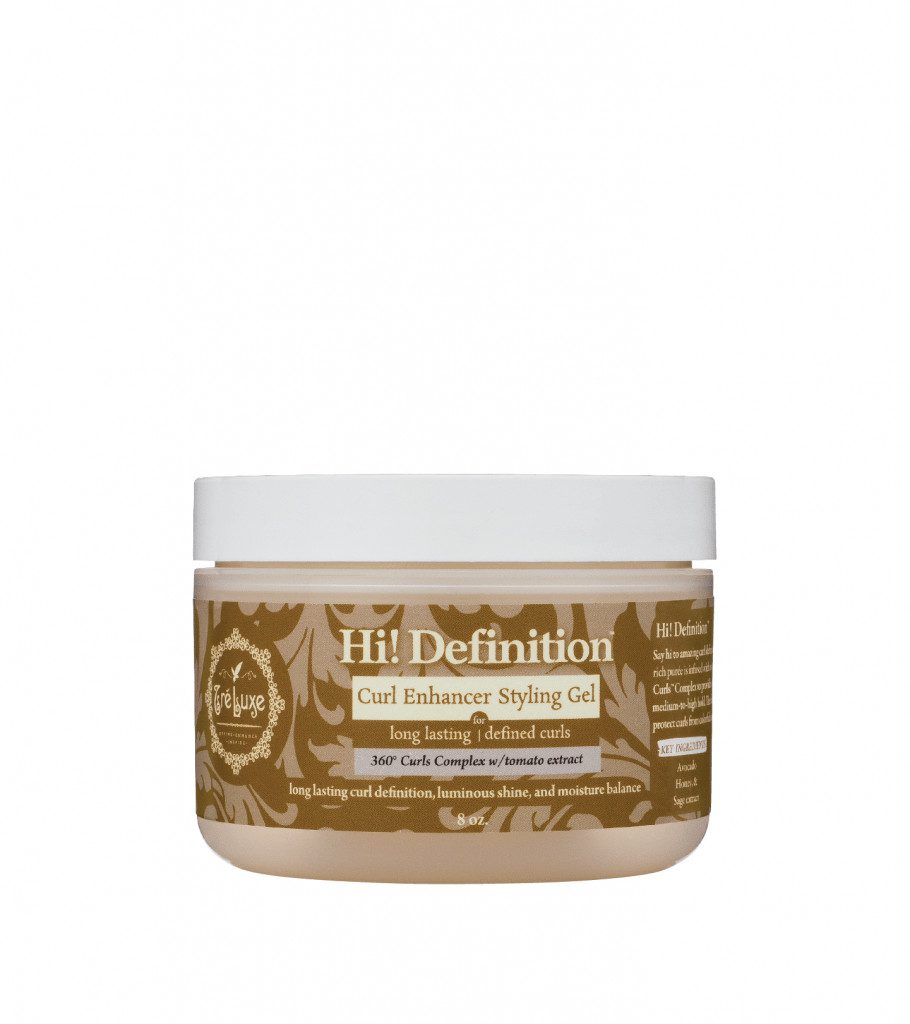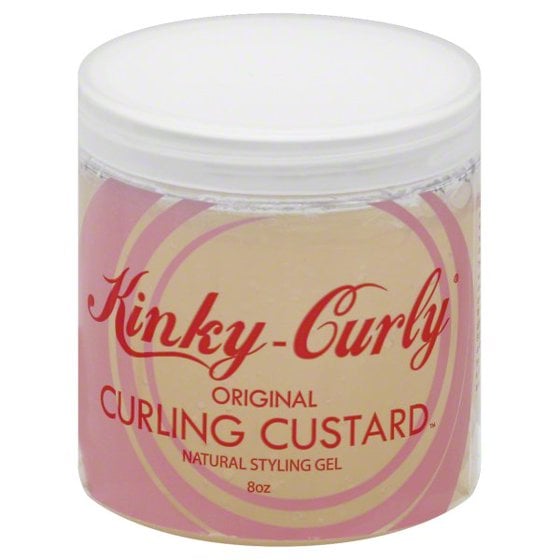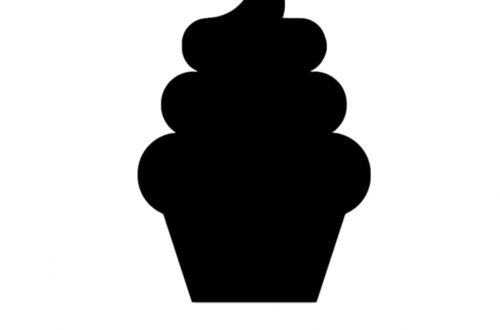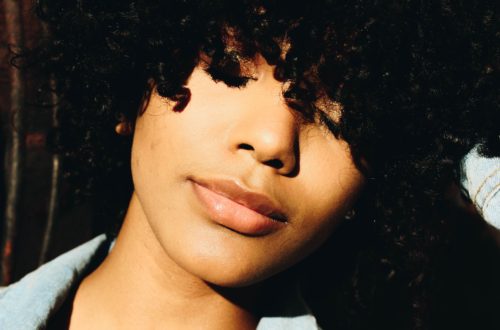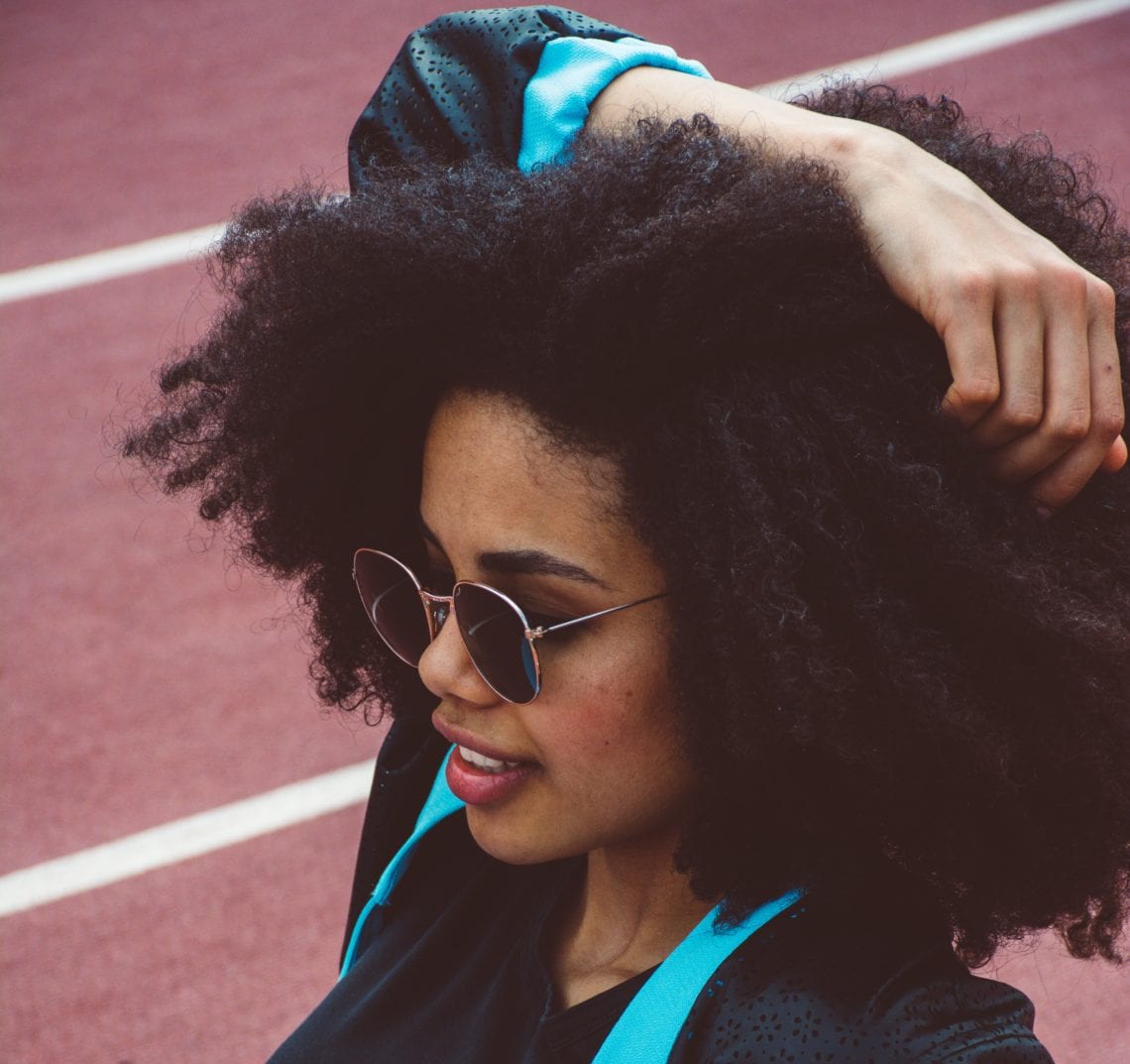
Holy Humidity! What’s Up with All This Frizz?
Summer is in full swing and it is prime time to let your curls free! For most of us, the desire to wear a wash and go is there, but humidity and frizz never seem to work in our favor. If you are looking for ways to be a little more “care-free” this summer check out these tips to help you master rocking your curls in spite of humidity.
Frizzy Hair could be caused by several things.
While frizz can indicate several different things concerning the state of your hair, it ultimately means that there is a lack of moisture in your strands. Several factors including split/damaged ends, the styling products you use, and humidity can all affect the look of frizz in your hair.
Humidity can be especially challenging because extremely dry
or humid conditions can lead to excess frizz. In humid conditions, dry hair
will attempt to receive moisture from the atmosphere. During this process, the
hair’s cuticle will lift to receive the moisture. As the hair strand swells and
the cuticle lifts, the result is an overall frizzy appearance to the hair. In a
similar fashion during dryer conditions, moisture is drawn from the hair by the
atmosphere resulting in frizz as well.
The key to fighting frizz is healthy hydrated strands and knowing a little about the ingredients and where they fall on the long list.
Ways to combat frizz.
- Strive to achieve hydrated strands: Hydration comes from water; routine cleansing of the scalp and conditioning of the strands creates an environment that promotes healthy hydrated hair. This means that regular shampooing of the hair is a must. During the process of cleansing the scalp, products buildup is removed, exposing the opened cuticle layer, and allowing water to be absorbed into the inner layers of the hair strand.
- Research the humectants in your products: The First five ingredient are usually the most prevalent in any product. Check the type of humectant (strong vs mild) and where it lands in the lineup. Humectants that fall near the middle or end of an ingredient list will have minimal effect on frizz considering that they are not very prevalent in the products. Knowing the strength of the humectant or where it falls in the ingredients will help you when choosing products in more humid or dry climates.
- Consider using anti humectant gels when styling the hair: Anti humectants will prevent moisture from escaping the strands. In doing so they will help to reduce the potential for frizz. While all anti-humectants are not created equal, botanical gel sytlers that contain water soluble ingredients are a great way to retain your curls and fight frizz. An added bonus is that the water-soluble ingredients are easier to remove during shampooing and will reduce the risk of product build up that will ultimately lead to dehydrated strands and frizz.
Humectants are neither good or bad, but depending on certain conditions may have a negative or positive effect on the hair.
What are humectants and why do we need them?
While moisture ultimately comes from water, humectants can aide your hair in receiving and retaining moisture from the atmosphere by attracting water molecules to the strands. When in humid conditions, strong humectants such as glycerin, propylene glycol, sodium PCA, sodium lactate or,1,2,6 hexanetriol, can cause the hair to absorb too much moisture resulting in frizz. Conversely, in dryer conditions, humectants can aide the removal of moisture from the strands and into the atmosphere.
While the presence of humectants in your hair care products may be an indicator of its ability to cause frizz, the type of humectant, where it falls in the ingredient line up, your local humidity, and the hydration levels of your hair will ultimately determine the effects it may have on your hair.
Humectants are neither good or bad, but depending on certain
conditions may have a negative or positive effect on the hair. Humectants will vary in their ability to draw
moisture for the atmosphere, with stronger humectants lending themselves to
creating more frizz. Some humectants commonly used in hair care include:
- Agave nectar
- Fructose
- Glycerin
- Honey
- Hydrolyzed silk protein
- 1,2,6 hexanetriol
- Panthenol
- Propylene glycol
- Sodium PCA
- Sorbitol
Anti-humectant gels that we love:
- Camille Rose Curl Maker
- Kinky-Curly Curling Custard
- Tre’Luxe Hi! Definition

https://boldkulture.com/product/camille-rose-naturals-camille-rose-naturals-curl-maker/ 
https://boldkulture.com/product/treluxe-hi-definition-hi-definition/ 
https://boldkulture.com/product/kinky-curly-curling-custard/
Keep your curls intact with these botanical gels that will withstand humidity and fight frizz and have your curls poppin’. These gels have a medium to strong hold, but won’t leave you hair crunchy. Extremely effective, they are more concentrated so make sure your hair is statured with water when applying and don’t be heavy handed, a little goes a long way.
The key to fighting frizz is healthy hydrated strands and knowing a little about the ingredients and where they fall on the long list. Avoiding humectants in the first five ingredients and considering the use of anti-humectant botanical gels will have you well on your way to rocking beautiful frizz free curls this summer. For more great tips on how maintain healthy, hydrated strands and high-quality products to aide you on your journey, check out BoldKulture.com
References
- https://onlinelibrary.wiley.com/doi/full/10.1111/jocd.12490
- https://mdedge-files-live.s3.us-east-2.amazonaws.com/files/s3fs-public/Document/September-2017/CT091060308.pdf
- https://www.ncbi.nlm.nih.gov/pmc/articles/PMC4885180/



